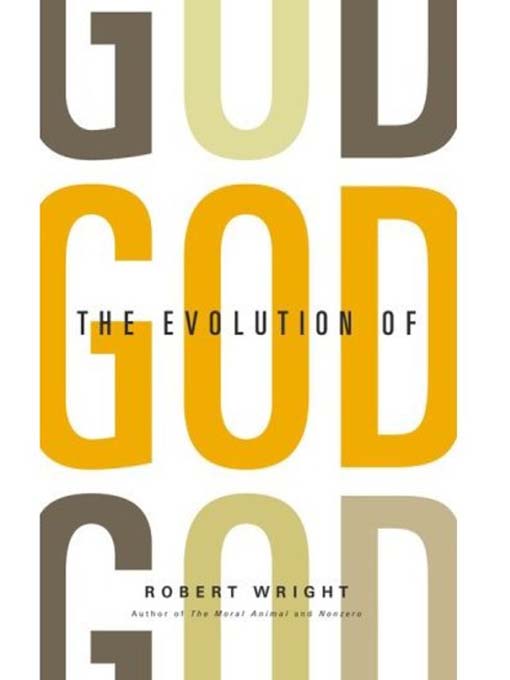
The Evolution of God
فرمت کتاب
audiobook
تاریخ انتشار
2009
نویسنده
Arthur Moreyناشر
Tantor Media, Inc.شابک
9781400182817
کتاب های مرتبط
- اطلاعات
- نقد و بررسی
- دیدگاه کاربران
نقد و بررسی

Using evolutionary psychology, Robert Wright explores how the morality of societies changed as those societies became more complex and how monotheism is an outgrowth of personal morality. The material is deep and detailed, so it is essential that the narrator keep the book from becoming mind-numbing in audio form. Arthur Morey does a solid job. For instance, he breaks up long sentences into logical chunks, with appropriate pauses. He also varies his tone slightly to give emphasis to unusual or especially important points. His pronunciation is impressive, especially when he vocalizes sounds from African languages for which there sometimes are no English equivalents. But the book requires concentration on the part of the listener, especially in the early part, where the author describes early societies and their belief systems in intense detail. R.C.G. (c) AudioFile 2009, Portland, Maine

September 28, 2009
Wright's brief reveals why religious and scientific beliefs do not have to be mutually exclusive. While his history of monotheistic religions is accessible, if not illuminating, his game theory approach to God and religious coexistence and harmony is dense and difficult to process aurally. Arthur Morey delivers a flat and monotonous reading. While he does inflect, his projection lacks the emphasis and energy to sustain listeners through all 19 hours of this production. A Little, Brown hardcover (Reviews, May 11).

May 11, 2009
In his illuminating book, The Moral Animal
, Wright introduced evolutionary psychology and examined the ways that the morality of individuals might be hard-wired by nature rather than influenced by culture. With this book, he expands upon that work, turning now to explore how religion came to define larger and larger groups of people as part of the circle of moral consideration. Using a naïve and antiquated approach to the sociology and anthropology of religion, Wright expends far too great an effort covering well-trod territory concerning the development of religions from “primitive” hunter-gatherer stages to monotheism. He finds in this evolution of religion, however, that the great monotheistic (he calls them “Abrahamic,” a term not favored by many religion scholars) religions—Christianity, Islam, Judaism—all contain a code for the salvation of the world. Using game theory, he encourages individuals in these three faiths to embrace a non–zero-sum relationship to other religions, seeing their fortunes as positively correlated and interdependent and then acting with tolerance toward other religions. Regrettably, Wright's lively writing unveils little that is genuinely new or insightful about religion.

























دیدگاه کاربران